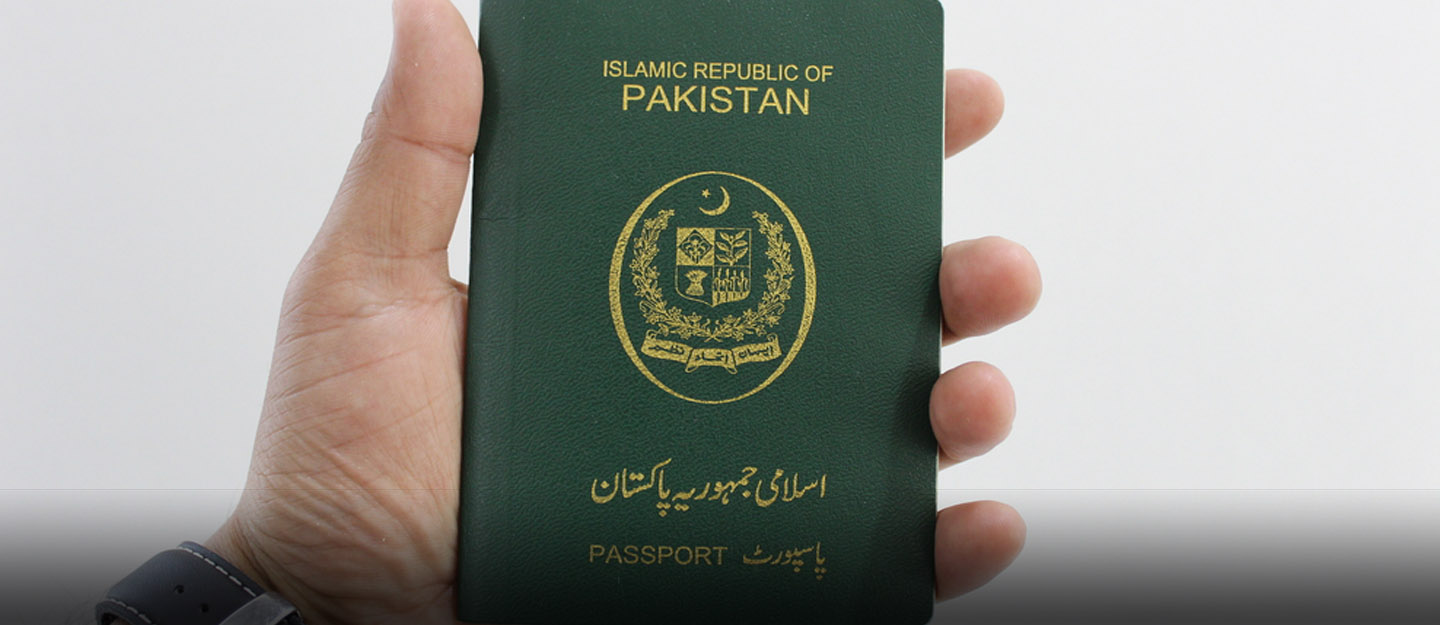Islamabad — PIA auidt loss, The Senate Standing Committee on Information Technology and Telecommunication was alerted to a glaring data breach on Friday, when it was revealed that the personal information of more than 350,000 Hajj applicants has surfaced on the Dark Web. The alarming disclosure has once again exposed major flaws in Pakistan’s digital security framework, prompting urgent calls for stronger laws and responsible oversight.
Delay in Legislation and Ministerial Accountability
PIA audit loss Case: First, senators criticised the government for its delay in passing the Data Protection Bill, which has been approved by the cabinet months ago but not enacted into law. Senator Palwasha Khan, chair of the committee, called this postponement “ministerial negligence.” She pointed out that IT Minister Shaza Fatima was absent at the critical briefing, fuelling public frustration over the lack of accountability.
Because of such delays, the legal framework remains insufficient to protect citizens from privacy breaches. Without strong legislation, personal data stored by government bodies stays vulnerable. Therefore, the absence of legal protection is now seen as a major contributor to this crisis.
Confirmation of the Breach
Furthermore, the breach has been officially confirmed. PTA Chairman Hafeez-ur-Rehman stated that sensitive applicant data was indeed being traded on the Dark Web. He warned that unless Pakistan strengthens its digital laws, national databases may continue to be exposed. He urged for immediate legal reforms to stop future leaks.
Regional & Global Comparisons
Senators drew attention to comparative incidents abroad, emphasizing that Pakistan is not immune. Senator Afnanullah referred to cases in Iran where stolen data was weaponized in cyber conflict. Meanwhile, Senator Kamran Murtaza underscored that information security is intertwined with national defense. Such comparisons illustrate how digital privacy is now a strategic issue on a global scale.
These examples show what could go wrong if corrective measures are not implemented now. Violations of privacy can lead to reputational harm, loss of public trust, and potential misuse of personal data.
Concerns Over Institutional Capacity
Moreover, lawmakers expressed doubts about the ability of the National Cyber Crime Investigation Agency (NCCIA) to handle this scale of breach. Was it equipped with the technical expertise, infrastructure, and independent authority needed to investigate thoroughly? Questions were raised, especially given that some incidents of data leaks have gone unresolved.
While PTA has assured that investigations are underway, senators insist that technical investigations alone are not sufficient without a robust legal structure and preventive mechanisms.
Demand for Urgent Cybersecurity Reforms
As a result, the committee demanded that the Data Protection Bill be fast-tracked. Senators believe passing this bill will help restore public confidence. They also pushed for strict penalties for data breaches and clearer guidelines for government bodies handling sensitive data.
With the leak confirmed, there is a consensus that privacy is not just a legal issue but a public trust matter. Pakistan’s digital sovereignty is considered at stake, as data breaches weaken citizens’ trust in governmental institutions.
What This Means for Citizens
For the 350,000 affected individuals, this leak could result in identity theft, phishing, or misuse of personal information. More broadly, all citizens now face increased risk until better protections are in place. Government databases that collect personal information—whether for Hajj, health, education, or other public services—must be secured. Transitioning toward stronger cybersecurity practices and privacy norms is no longer optional.
Conclusion
The exposure of Hajj applicants data leak or PIA audit loss on the Dark Web has triggered a wake-up call for Pakistani authorities. Without the enactment of the Data Protection Bill, reinforced institutional capacity, and stringent cybersecurity laws, the risk of repeated breaches remains high. Ultimately, protecting personal data has become essential for both individual privacy and national security. The Senate’s demand for urgent reform articulates that Pakistan can no longer delay action if it intends to safeguard its citizens’ rights and digital trust.







